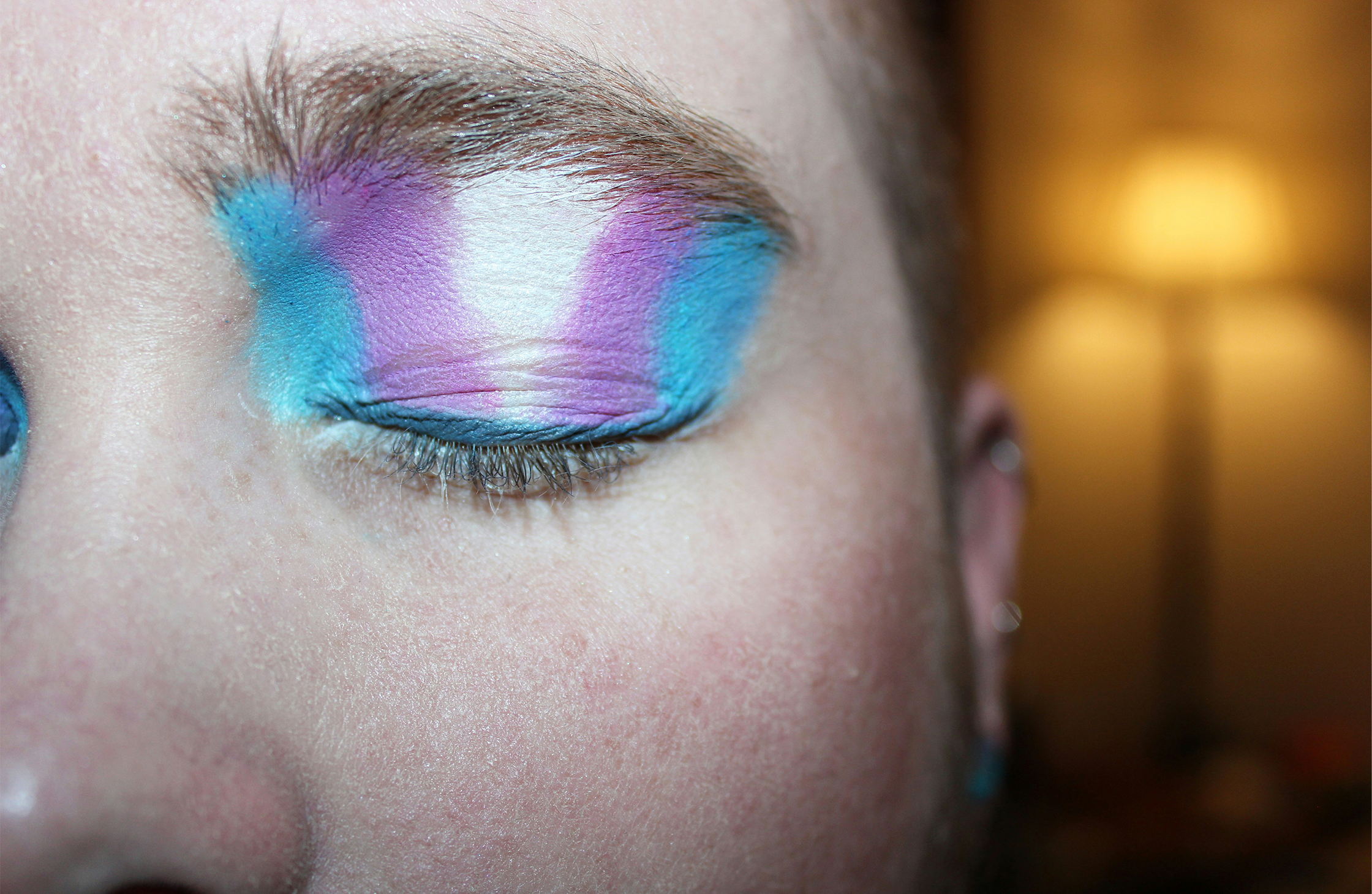Narrated by Shae Strong
Bullying among students has been going on since kids were first put together in classrooms. And those perceived as different are often the target of the most severe and sustained bullying, which studies show can have long-lasting negative impacts on mental, physical, and emotional well-being. Washington State enacted strong anti-bullying legislation in 2003 (The Anti-Harassment, Intimidation, and Bullying Act), but bullying is still far too prevalent. And it is particularly a problem for LGBTQ students.
Students in many other states have it even worse. In the past several years, hundreds of anti-LGBTQ bills have been introduced in state legislatures and local governments. Many of those bills are now law, and other anti-LGBTQ policies have been enacted through executive order. School boards are removing gender-inclusive curriculum and banning discussion of LGBTQ history. Students with gay or transgender parents and family members are prevented from seeing their families reflected in books and course materials. Is it any wonder that bullying and violence against the LGBTQ community has gotten worse?
A Washington Post analysis of FBI data published March 12 showed that in the 28 states where anti-LGBTQ laws have taken effect, hate crimes on K-12 campuses have more than quadrupled. Calls to the Trevor Project increased from about 230,000 in 2022 to over 500,000 last year.
Lance Preston of The Rainbow Youth Project told the Post, “Young people will say `My government hates me,’ ‘My school hates me,’ `They don’t want me to exist.’”
That’s the message these laws send to our most vulnerable children. And when adults refuse to use the pronouns and names that match a student’s gender identity, that child hears that they aren’t accepted for who they are — that who they are is unacceptable.
But as Wrabel says in his beautiful song “The Village”, there’s nothing wrong with being transgender. “There’s nothing wrong with you,” the song’s lyrics say. “There’s something wrong with the village.”
Children repeat what they hear at home and in their community. When they overhear their parents using hateful rhetoric, they often adopt the same attitudes and think it is acceptable to act out on those prejudices against their peers. Schools must take a stronger and more active role in countering the hateful messages that have become so loud in our increasingly polarized culture wars.
The death of Nex Benedict, a 16-year-old nonbinary student in Oklahoma, was a stark reminder that anti-LGBTQ rhetoric leads to an increase in bullying and violence. Nex lived with their grandmother and guardian, Sue Benedict, in a supportive and loving home. Ms. Benedict said that Nex had been the target of bullying for well over a year before the bathroom altercation during which three girls attacked Nex, causing injuries severe enough to require medical treatment. Nex Benedict’s death the following day was determined to be suicide, but the family is asking for a full investigation into the events surrounding their death, including the school’s actions and inactions before Nex was brutally beaten in the bathroom.
A similar incident could happen in our own community, despite Washington State laws intended to protect students from bullying and harassment. Most bullying happens out of view of adults and school officials, and children are often reluctant to report it.
To make our community safer for our LGBTQ youth, it is essential to acknowledge that bullying is a real problem in our schools. Awareness and advocacy are also essential. Knowing the rights of transgender people will help both you and your loved ones become better advocates. The ACLU publishes information about transgender rights on their website. Get familiar with it.
And if you witness or experience bullying and harassment in schools, Safe Schools Coalition has resources to help educators, students, and community members.
My life has been filled with loved ones across the gender spectrum, and I love the uniqueness and joy they bring into my life. I’m thankful for each one of them and I’m in awe of their strength and courage in living their lives as their authentic selves.
Laws can’t change the hearts and minds of those who wish harm to our LGBTQ family, but education, advocacy, and legal protections can make the world a little safer for the most vulnerable among us.
And make sure the people in your life know you love them just as they are and that you have their back when others wish them harm.
Let’s fix the village.
Ted Miller grew up around the world but now lives in Richland with his wife. He’s a runner, actor, singer, nuclear engineer, and graduate of the U.S. Naval Academy.
Ted believes that if more people worked toward love and understanding instead of giving in to fear and divisiveness, the world would be a better place.


